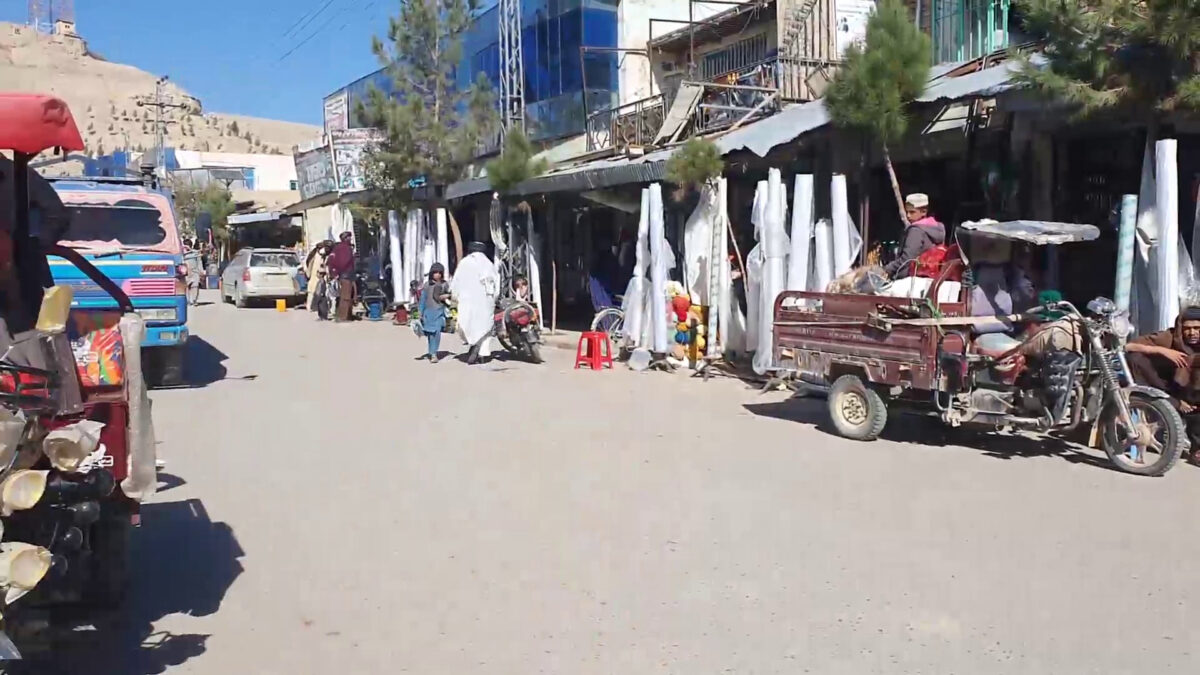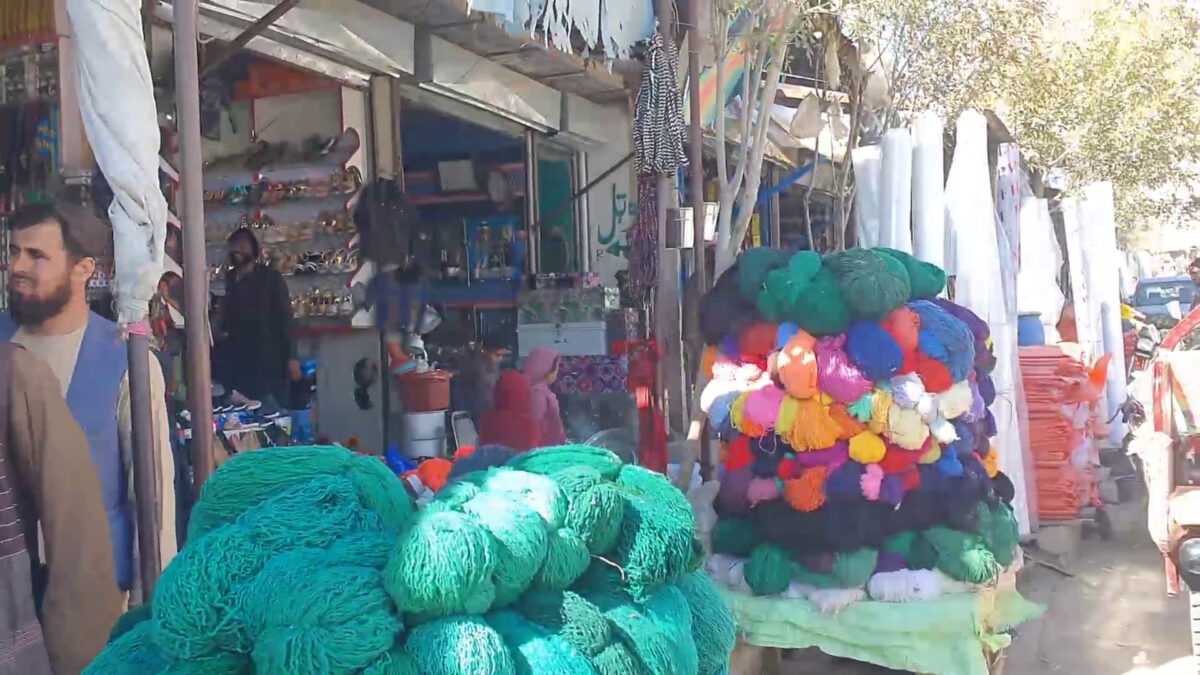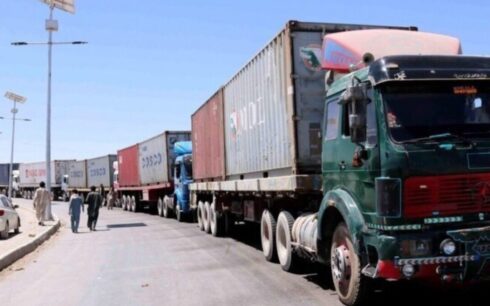Local residents in Zabul, a southern province of Afghanistan, express frustration as commodity and fuel prices surge in the wake of escalating unemployment. Despite an increase in the value of the Afghani currency against the dollar, the cost of essential goods remains high in the region.
Amidst the looming cold season, residents are calling on aid organizations to assist those in need, emphasizing the urgency of the situation with limited employment opportunities available.
“Commodity prices have increased. The prices were good previously,” remarked Waliullah, a Zabul resident.
Shopkeepers and food importers in Zabul note that wholesale market prices have not seen a decrease, leaving them with no room to lower retail prices. Mohammad Shafiq, a local investor in Zabul, explained the impact of purchasing commodities in dollars, particularly imported floor from Uzbekistan, leading to an inevitable price hike.

“Some commodities’ prices have decreased. A 10-liter bottle of imported ghee was sold for $17 but has now reduced to $10 in Kandahar. However, taxes are high,” added Sulaiman, a local shopkeeper.
Zabul, situated in the southern part of the country and bordering Pakistan, has historically seen its residents using Pakistani rupees instead of Afghan currency for transactions.
“As far as our information goes, the Afghani has started to find its place among the people for daily purchases,” stated Lotfullah Latif, the Taliban mayor in Zabul.
Residents of Zabul are urging for not only a reduction in food prices but also the creation of job opportunities as the cold season approaches. This plea aligns with recent findings in a World Bank report, indicating that over half of Afghanistan’s population lives in poverty, with 15 million people facing food insecurity.





